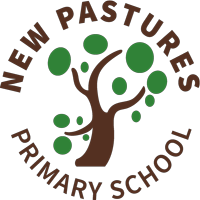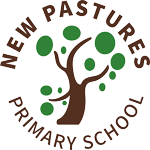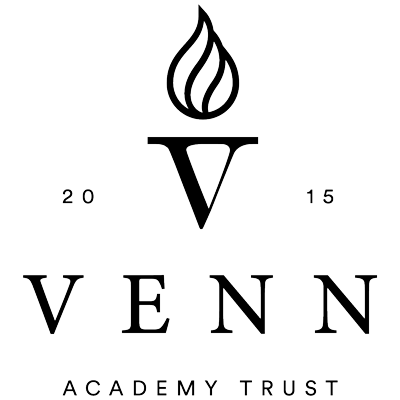Writing – curriculum information
At New Pastures Primary School we ensure our curriculum is fully inclusive to every child. Writing is a key life skill and we strive to embed skills in writing into all curricular areas.
We fulfil the requirements of the National Curriculum for English, providing a broad, balanced and differentiated curriculum that encompasses the British Values throughout.
We firmly believe that by delivering a quality English curriculum we will develop children`s love of reading, writing and discussion.
Intent
• To build the children’s vocabularies so they have the words to express themselves and to understand others.
• To show children how to adapt their language for different audiences and to provide these different audiences across the curriculum.
• To develop confident, independent writers who enjoy the creative writing process both for a purpose and for its own sake through quality first teaching and high-quality provision.
• Be able to evaluate their own contributions as well as that of others.
• Enjoy writing and recognise its value in their lives.
• To promote fluency in spelling through written transcription extensive and effective practice and explicitly taught spelling.
• To ensure technical accuracy and good presentation in writing so it can be read and understood by the reader.
Implementation
Staff Subject Knowledge and professional development
The English leader ensures that all staff are well supported to implement the English action plan through careful alignment of CPD to actions and policies, closely monitoring and feeding back on planning, lesson observations, work scrutinies, attending LA Network meetings, reading current research, as well as discussion and termly questionnaires with colleagues.
Ensuring progress for all pupils
There is a clear skills progression for each year group in Writing which sits alongside carefully chosen texts which compromises of a range of fiction and non-fiction to inspire children’s writing. Assessment systems are rigorous using the school skills progression. Through lesson observations, data analysis and pupil progress meetings teachers and leaders identify barriers and agree actions and interventions for children who are not making expected progress.
The writing sequence
All writing is planned with a clear purpose and audience. There are engaging ‘hooks’ used to engage and provide a stimulus for writing. Pupils are able to see examples of quality text through the use of books and teachers modelling the writing process. Vocabulary and language structures are gathered and explored so the pupils have a good bank of vocabulary during the writing process. Spelling and grammar is taught in meaningful contexts which feed into the overarching extended piece of writing. Using a ‘pals’ checklist, children and teachers reflect on pieces of writing and feedback is given so pupils are able to improve, edit and publish their work.
All pupils are expected to apply their writing skills in all curricular areas and be able to meet the same expectations in standards.
In addition, pupils have daily handwriting practice in order to aid the improvement of presentation.
Impact
All pupils are engaged in lessons because learning is active and there is a real audience and purpose for most writing.
Learning is relevant so pupils build generic writing skills that they then apply in an end outcome.
Pupils are able to apply their writing skills across the curriculum to help them deepen their understanding.
Pupils are able to reflect upon their writing, both with the guidance of an adult and their peers and know the next steps in their learning in order to make good progress.
There is a great emphasis on the use of good vocabulary in all teaching and pupils’ understanding of language shows an increasing amount of sophistication. This is well supported within the classroom environment.
The % of pupils working at ARE within each year group will be at least in line with national averages.
The % of pupils working at Greater Depth within each year group will be at least in line with national averages.
There will be no significant gaps in the progress of different groups of pupils (e.g. disadvantaged vs non-disadvantaged.


